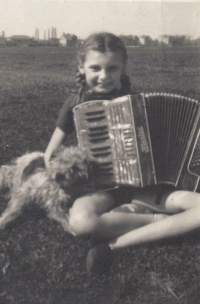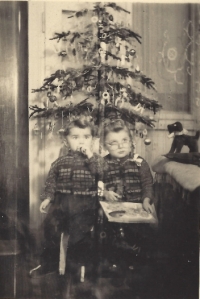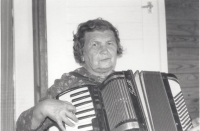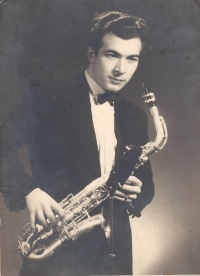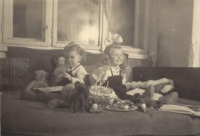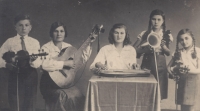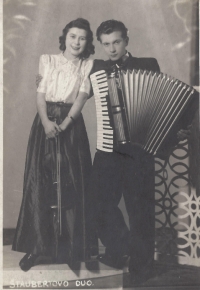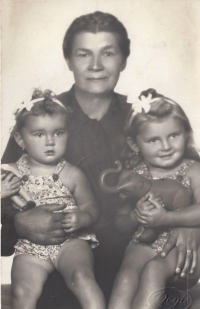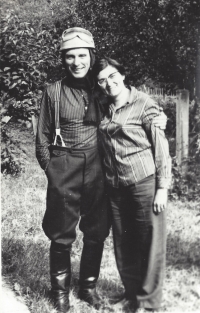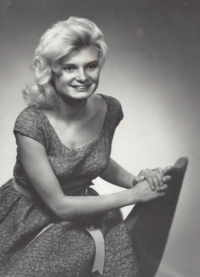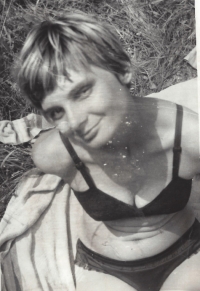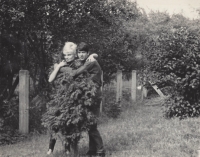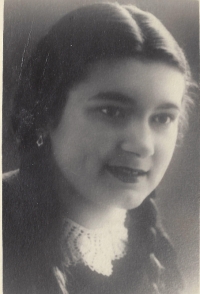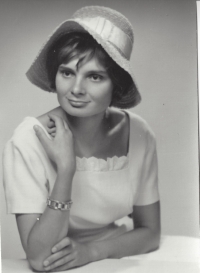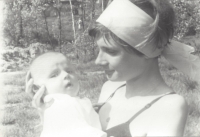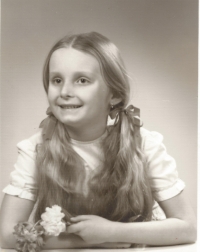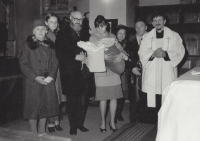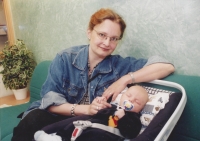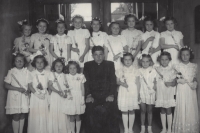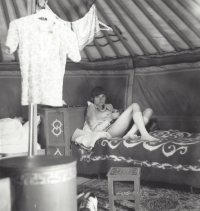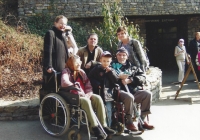She was breathing with her uncle to rid him of the fears from the concentration camp
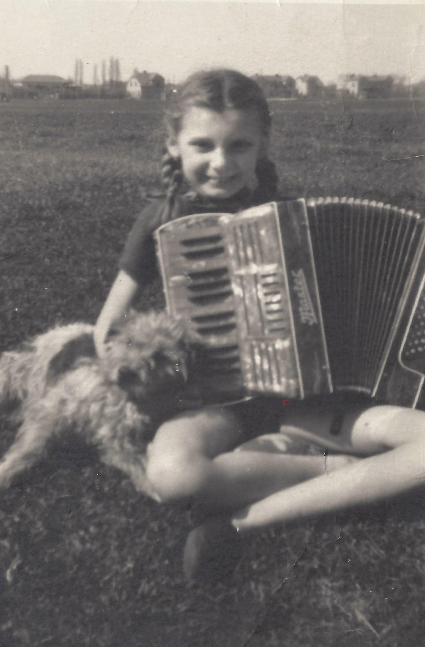
Download image
Helena Wiplerová was born on March 9, 1946 in Hradec Králové. As a child, she lived with her parents, younger sister and other relatives in the apartment of her uncle Zdeněk Štaubert, who returned from a concentration camp. Her childhood was not easy. Her uncle was suffering from war depressions. Her mother caught severe tuberculosis and had to be treated for a long time. Both little sisters were placed in an orphanage for some time. Her sister died at an early age after receiving a vaccine against tuberculosis. Her uncle, whom she loved very much, died in a motorcycle accident. Helena Wiplerová graduated from a medical school and worked in healthcare. She got married in 1966 and her daughter Karla was born in 1968. However, she got divorced soon and took care of her daughter as a single parent. At the time of normalization, she faced a number of problems. The State Security was interested in her and she subsequently got fired. Her daughter Karla had great trouble getting to the conservatory. She got married for a second time and had a son, Jan. After 1989, she continued to work in healthcare and graduated with a master’s degree in that field. After retiring, she worked in a hospice in Prague. She also worked as a tourist guide at Prague Castle. In 2021, she played extra roles in film and television. Her daughter Karla graduated from the conservatory and AMU and in 2021 she worked as an opera director. Her son Jan studied natural sciences at Charles University and devoted himself to microbiology. In 2021 she had a twenty-year-old grandson and lived in Hradec Králové.
